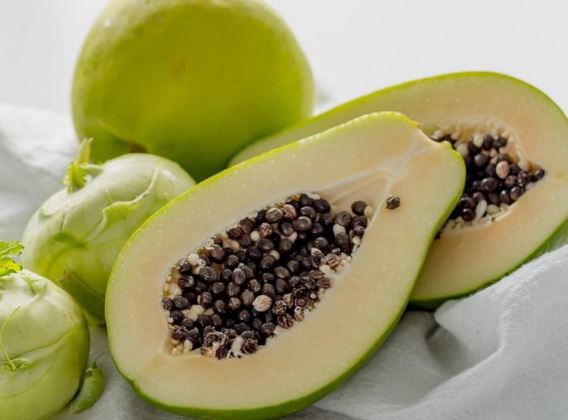Lifestyle
If you suffer from ulcers, here’s the life-saving painkiller information you need to know

If you have an ulcer, you need to avoid any foods or medicines that will make your condition worse before you reach for the painkillers next time you are in pain, make sure you read this first.
Painkillers work by blocking the effects of these pain chemicals. The problem is that you can’t focus most pain relievers specifically on your headache or bad back. Instead, it travels through your whole body. This can cause some unexpected side effects.
The same chemicals that amplify pain, which some pain medicines block, also help maintain the protective lining of the stomach and intestines.
When a painkiller stops these chemicals from working, the digestive tract becomes more vulnerable to damage from gastric acids.
Cause of ulcers
Peptic ulcer disease is most often caused by a bacterial infection called Helicobacter pylori. These bacteria sit below the surface of the stomach and first portion of the intestine. If you have not been tested for this infection, this should be your first step. Treating this infection with antibiotics and acid blockers will decrease your risk of bleeding ulcers in the future.
The second most common cause of peptic ulcer disease is from the use of aspirin and non-steroidal anti-inflammatory drugs, NSAIDs. Two NSAIDs available over the counter (meaning they don’t require a prescription from a doctor) are:
If you have an ulcer, use of these NSAIDs could be dangerous and potentially life-threatening. A non-NSAID pain reliever, like acetaminophen, may be a safer choice. Your doctor can also recommend appropriate alternatives.
If you need to use an NSAID, always take it with milk or food to make it easier on your stomach. To prevent problems, your doctor might recommend:
Look for symptoms
If you have to take an NSAID, know the symptoms of trouble. If you have an increase in abdominal pain, nausea, vomiting, loss of appetite, dark stools, weight loss or fatigue get checked out right away.
Avoid alcohol
Most pain relievers do not mix with alcohol. If you take an NSAID, including aspirin, just one drink a week can increase your risk of gastrointestinal bleeding. People who have three or more drinks a day should not use these medicines. Combining acetaminophen and alcohol may increase the risks of liver damage.
Use as directed
Follow the directions for the recommended dosage. Most painkillers shouldn’t be used for more than 10 days. If you’re still in pain by that point, see your health care provider.
Read the package insert
Admit it: When you buy a bottle of over-the-counter pain reliever, you likely throw out the printed insert along with the empty box. But you really should get in the habit of reading it. Find out what side effects you should look for. Look at the list of possible drug interactions or ask your pharmacist or doctor to go over it with you.
Read the ingredients of all medicines
Painkillers like aspirin, acetaminophen, and ibuprofen can show up in the most unlikely places. For instance, many over-the-counter medicines for colds also contain doses of pain reliever. So make sure you know what you’re getting.
Even some antacids contain aspirin, which can be a special risk to people with ulcers
Tell your doctor about all medicines, herbs, and supplements that you use.
Interactions are a real danger. For instance, taking NSAIDs along with some common medicines, like some corticosteroids and blood thinners can increase the risks for people with ulcers.
Your doctor needs to know about all the medicines you take before you’re prescribed a new medicine. Don’t forget to mention over-the-counter medicines, herbal remedies, and vitamins. Bring a list of all the medicines and supplements you take to your doctor. It could actually save your life.”








